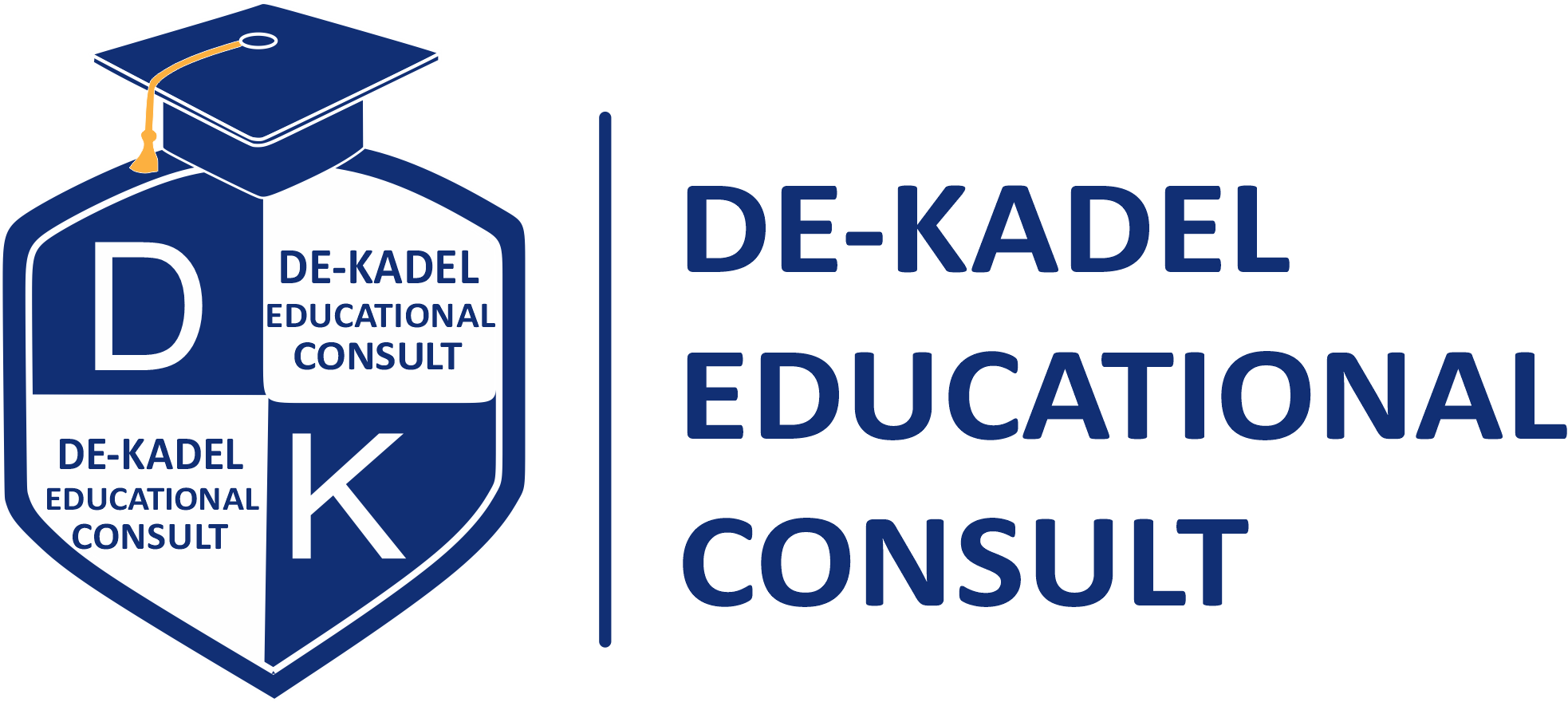Demystifying the Nigerian Educational Structure: Navigating the Path to Success

Navigating the Nigerian educational structure can sometimes feel like deciphering a complex puzzle. From primary school to tertiary education, each level plays a crucial role in shaping the future of millions of Nigerian students. Whether you’re a parent, a student, or an educator, understanding this system is key to maximizing its potential and ensuring educational success.
The Foundation: Primary Education
Primary education in Nigeria forms the bedrock upon which future academic pursuits are built. Typically starting around the age of six, primary education spans six years and covers fundamental subjects such as English, Mathematics, Basic Science, and Social Studies. This phase aims not only to impart knowledge but also to cultivate essential skills like literacy, numeracy, and critical thinking.
Bridging the Gap: Junior and Senior Secondary Education
Following primary education, students enter the junior secondary school (JSS) phase, which lasts for three years. Here, the curriculum expands to include more specialized subjects such as Basic Technology, Civic Education, and Agricultural Science. The senior secondary school (SSS) phase, which spans another three years, prepares students for higher education or vocational training through subjects like Physics, Chemistry, Biology, Economics, and Literature-in-English.
The Gateway: Tertiary Education and Beyond
Upon successful completion of secondary education, students have the option to pursue tertiary education in universities, polytechnics, or colleges of education. Nigerian universities are renowned for their diverse academic programs spanning fields from Medicine to Law, Engineering to Arts. Polytechnics focus on technical and vocational education, while colleges of education specialize in teacher training.
Challenges and Reforms: Addressing the Gaps
While Nigeria’s educational structure offers a comprehensive framework, it faces challenges such as overcrowded classrooms, insufficient infrastructure, and funding constraints. These issues have spurred ongoing reforms aimed at improving quality, accessibility, and relevance. Initiatives include the revitalization of schools, curriculum updates to meet contemporary needs, and enhanced teacher training programs.
Embracing Innovation: Technology and Education
In recent years, technology has revolutionized Nigerian education, offering new avenues for learning and collaboration. From e-learning platforms to digital classrooms, technology bridges gaps in access and enhances educational outcomes. Innovations like online courses and virtual libraries empower students and educators alike, fostering a culture of continuous learning and adaptability.
Cultivating Talent: Extracurricular Activities and Cultural Enrichment
Beyond academics, Nigerian educational institutions emphasize the importance of extracurricular activities and cultural enrichment. Students engage in sports, arts, debates, and cultural festivals, nurturing talents and promoting holistic development. These activities instill teamwork, leadership, and cultural pride, preparing students to excel in a globalized world.
Looking Ahead: Towards a Brighter Future
As Nigeria continues to evolve, so too does its educational landscape. The ongoing commitment to reform, innovation, and inclusivity holds promise for a brighter future where every Nigerian student can access quality education and realize their full potential. By addressing challenges, embracing technology, and fostering a culture of lifelong learning, Nigeria is poised to strengthen its position on the global stage.
Conclusion: Empowering Generations, Building Nations
In conclusion, understanding the Nigerian educational structure is not just about navigating its complexities but also about unlocking its vast potential. From primary to tertiary education, each phase plays a critical role in shaping individuals and societies. By investing in education, we invest in the future—empowering generations, building nations, and paving the way for a prosperous tomorrow.
Join us on this journey as we celebrate the diversity, resilience, and ambition of Nigeria’s educational system. Together, let’s champion education as a catalyst for transformation, opportunity, and sustainable development in our beloved nation.



